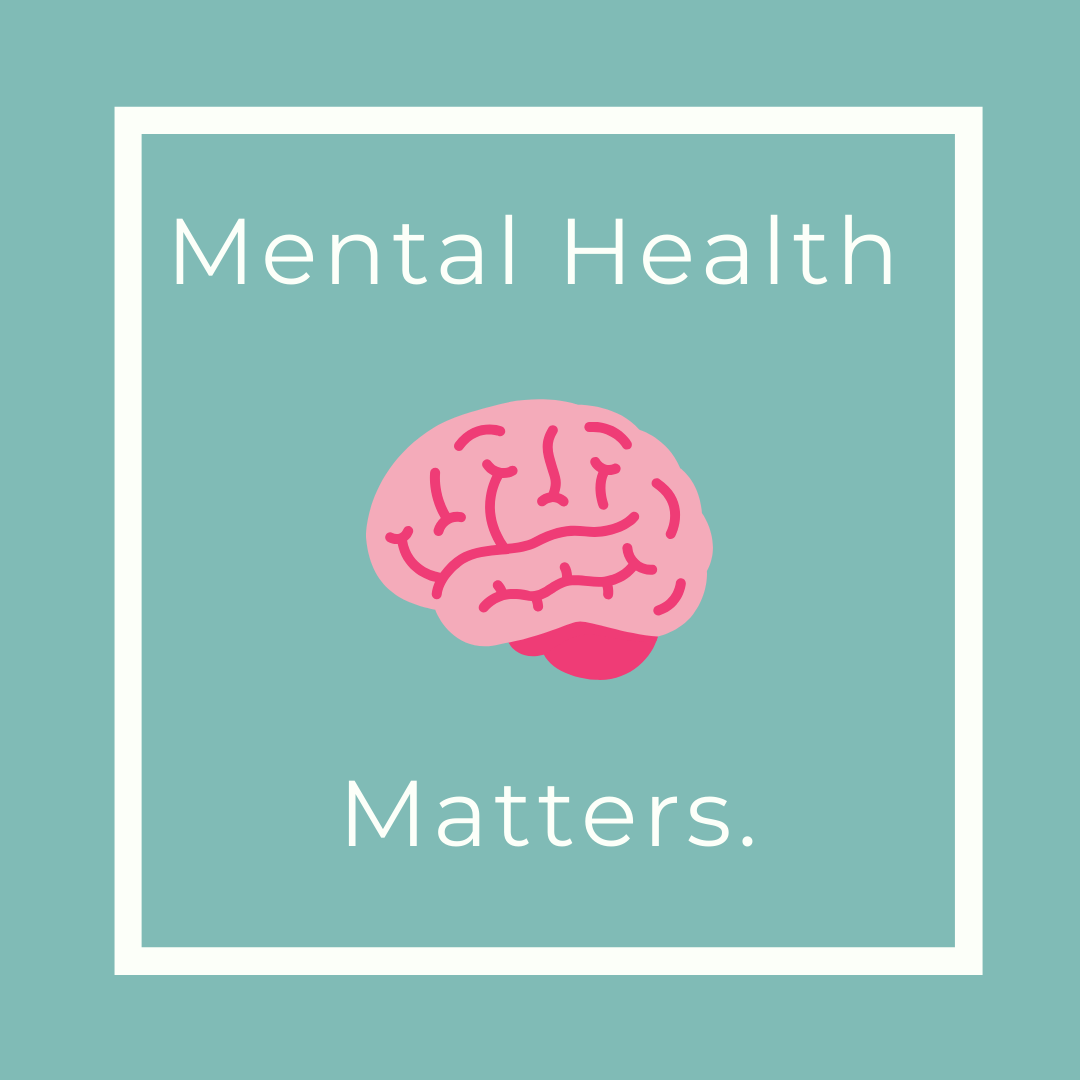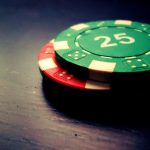Advantageous results of TMS therapy
We have spoke with some psychiatric experts at Rush College Health-related Middle who executed a study to see how much time-enduring and powerful transcranial magnetic stimulation (TMS) is really as a lengthy-word cure for severe depression.
A noninvasive method known as TMS therapy employs highly concentrated magnetic field pulses supplied to the left prefrontal cortex in order to trigger head regions linked to depression in a noninvasive manner.
When an MRI skim is conducted, the magnetic area makes pulses of related energy. Neurons from the targeted area in the scalp are stimulated by simple bursts of magnet electricity provided through the head.
In October 2008, the FDA provided a busy schedule-light to tms marketing in the us. This new therapeutic choice is an extreme antidepressant treatment that may be secure and efficient, but study on its long-term effects is scanty at greatest.
Based on several scientists and experts, the TMS treatment therapy is sort of the initial would-be, maintenance, stick to-up research which supply countless effects at once. The process will investigate the reliability of severe TMS development in sufferers with extreme depression. Where there have been a lot of scientific studies that were carried out this industry.
Inside an intense, 6-7 days, managed experiment, 301 individuals with serious major depression were randomly allotted to undergo energetic or sham TMS. Responders enjoyed a three-full week transition phase when productive or sham TMS treatment method was decreased, and a conventional antidepressant was approved for continuing servicing treatment method.
The conventional method is usually to present a maintenance substance to lower the probability of relapsing right after efficient acute solution for major depression, including TMS, antidepressant medicines, or electroconvulsive (ECT) treatment.
Inside the acute, randomized review, one hundred forty-two sufferers reacted well to TMS treatment method and moved on the three-week move phase. 100 twenty-two patients accomplished this phase without recurrence.
Through the succeeding 24-few days period of time, only 10 of your 99 patients (81.8Percent) consented to become observed for recurrence.


